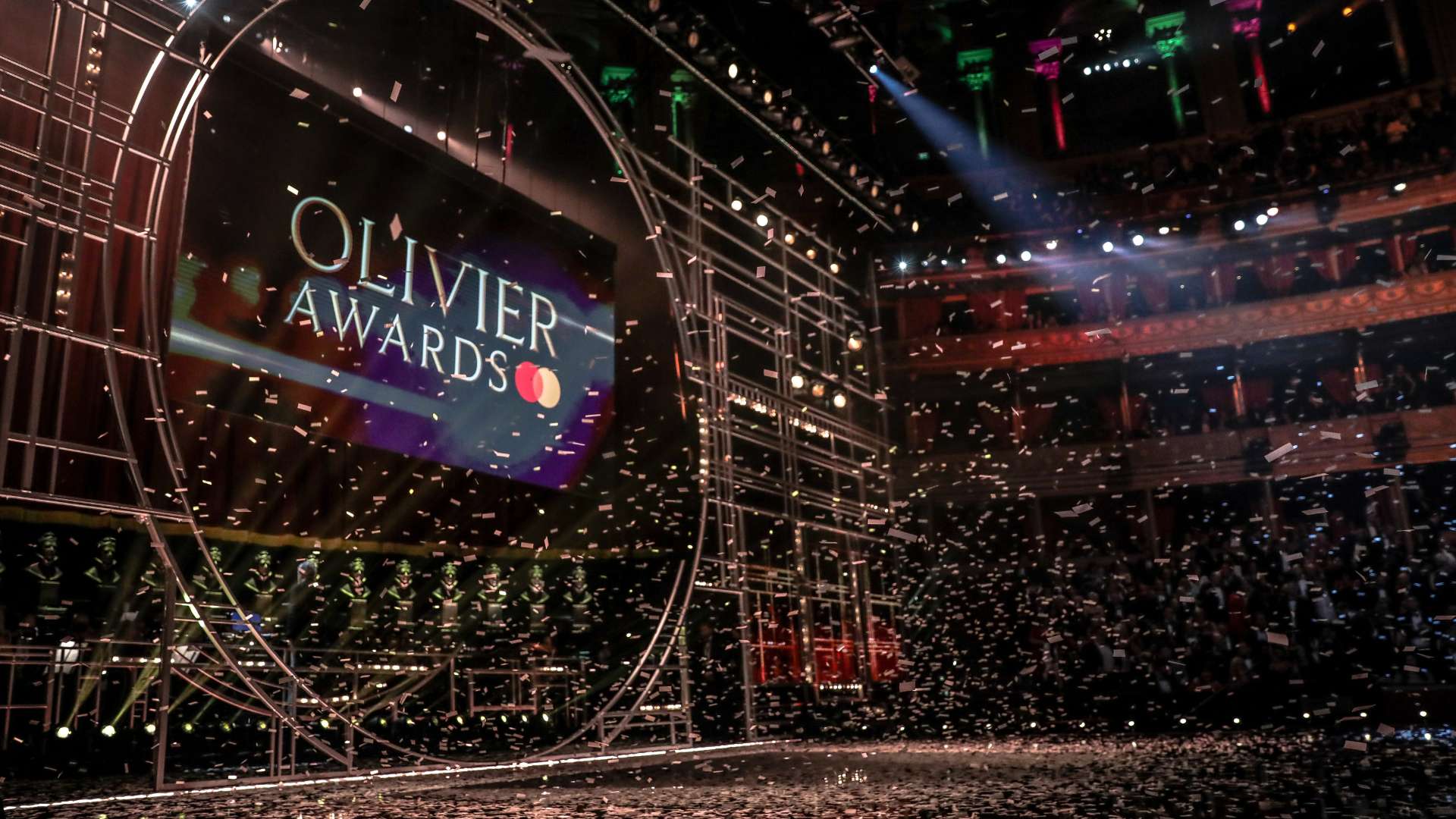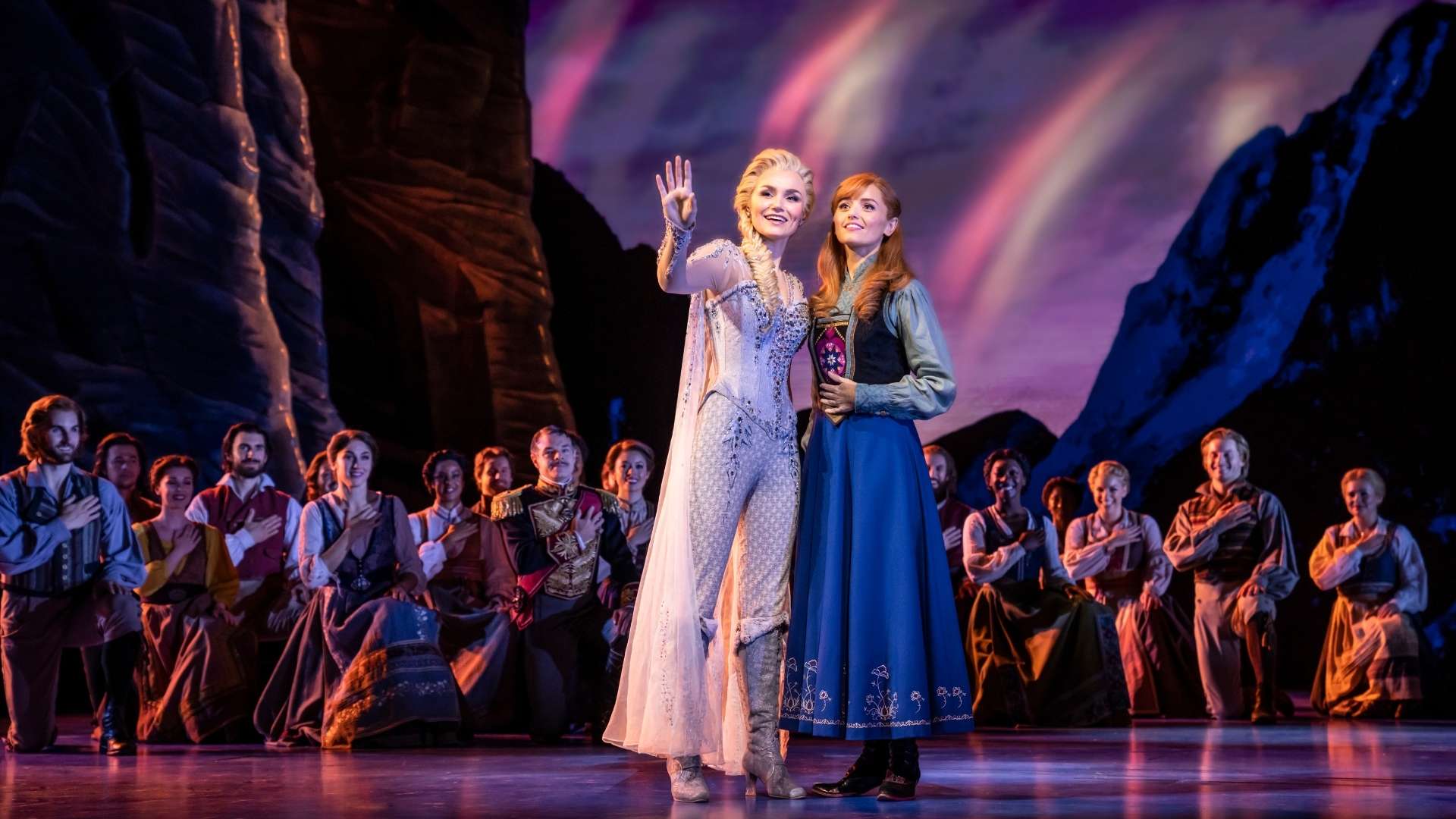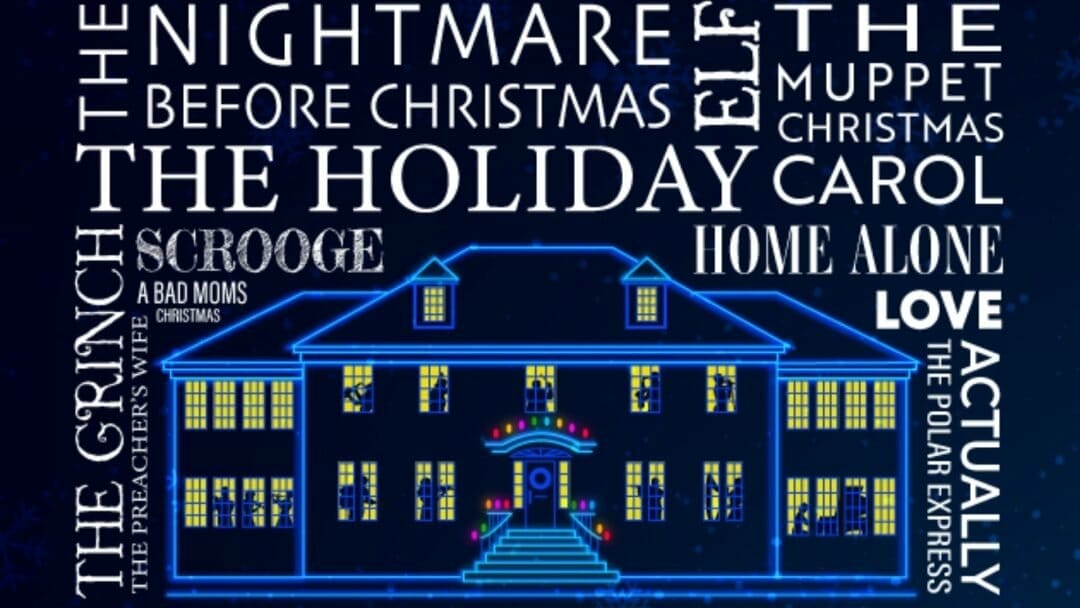The Covent Garden Street Performers Association (CGSPA) is proud to announce a major public celebration marking 50 years of modern street performance in Covent Garden.
Taking place on Sunday, 11 May 2025, the one-day event will feature a full programme of performances from past and present artists, including poet and performer John Hegley, who began his career busking in Covent Garden in the 1980s. Hegley, now a celebrated figure on the UK poetry and comedy circuit, has often spoken about the formative role that street performance played in shaping his work – and continues to champion its cultural value today.
The milestone marks half a century of organised street theatre in the square – a tradition that has delighted millions of visitors and helped launch the careers of household names such as Eddie Izzard, Dynamo, and Stomp.
A Celebration of Past, Present, and Extremely Unusual Talent
Festivities begin with an 11-piece brass band parading through Covent Garden, signalling the start of the day’s performances both on the West Piazza and at the nearby May Fayre & Puppet Festival in the Actors’ Church gardens — a celebration of Punch and Judy, who have delighted audiences in Covent Garden for the same remarkable 50-year span.
Across the day, the piazza will come alive with a dazzling line-up of street performers — from internationally acclaimed artists to long-time Covent Garden favourites. Expect astonishing feats from Magic Sam, fresh from levitating Machine Gun Kelly on stage in the US, and Juma, a hand-balancing acrobat who balances seven feet in the air. Juma is a member of the world-renowned Black Eagles, known for balancing in handstands atop stilts. Audiences can also catch high-energy ladder acrobatics and clowning from Unstable Acts, daring Cyr wheel tricks from Chris Thomas (a graduate of the National Circus School), and a trampoline-meets-breakdancing double act from Karbula (of Romania’s Got Talent) and Dan Edwards.
The day also celebrates Covent Garden’s long-standing performers. Mighty Gareth, who wowed crowds with sword-swallowing acts in the 1990s, returns to perform alongside his son Yann Elvis, now a chainsaw juggler — a joyful nod to two generations of street artistry. Juggling double act The Others, made up of Jim Woodcock and Alex Dandridge, will reunite for the event – with Dandridge bringing his decades of experience (including appearances on The Paul Daniels Magic Show) back to the square. Luca London, who once busked here alongside Formula 1’s Eddie Jordan, also makes a return. Otiz Cannelloni, another celebrated veteran, will bring his signature blend of magic and comedy. The event features not one but two Charlie Chaplins: the first, a legendary performer in his 80s and former personal entertainer to the Shah of Persia; the second, Covent Garden regular Diego Spano.
There will be musical comedy and juggling from Paul Morocco, clowning and physical theatre from The Great Gabrielle, and daring variety from Heavy Metal Pete, who will perform contortion, sword-swallowing, and his signature bed-of-nails routine. Joining the festivities are Mat Boden, who walks a slack rope and contorts himself through a tennis racket; Hunter Juggler, with his unicycle and juggling act; and Spikey Will: Man of Danger, known for towering on stilts and lying on sharp things.
Audiences can also enjoy music from Sammie J, ventriloquism from Steph and her puppet Gordo, and expert juggling from Harvey Stinton, a 16-year-old performer who has been delighting Covent Garden crowds since the age of 14. Rounding out the line-up are Covent Nick and Little Nick, whose act includes a giant ball, a ladder, and no shortage of charm.
Adding to the joyful, community-centred atmosphere, the celebration will also feature performances from young dancers at PPAS, formerly of Pineapple Dance Studios, as well as a mass sing-along led by the West End Musical Choir. Throughout the day, audiences will be encouraged to join in, take part in a dance workshop, and chat with performers — a fitting tribute to Covent Garden’s welcoming, open-to-all spirit.
The West End Musical Choir is the UK’s leading adult musical theatre choir, conducted by Musical Directors from the West End and Broadway. As seen on BBC’s New Year’s Eve broadcast, Disneyland Paris, St Paul’s Cathedral, RHS Chelsea Flower Show, Hampton Court Palace and many more iconic stages, the Choir will perform a selection of well-loved musical theatre tunes on the day.
An exhibition of photographs by renowned photographer Sarah Ainslie, capturing Covent Garden street performers in the 1980s, will also run throughout May at the Paul Smith shop on Floral Street, celebrating the history and evolution of street theatre in the area.
Throughout the day, CGSPA spokesperson Melvyn Altwarg will pop up with a few short, friendly speeches – welcoming the crowd, sharing stories from the past 50 years, and gently filling people in on the less-fun-but-important reality of the licensing limbo Covent Garden’s performers still face.
“Street performance is the heartbeat of Covent Garden,” said Covent Garden Street Performers Association (CGSPA) performer and spokesperson Peter Kolofsky. “We’re incredibly proud to celebrate this anniversary with the public – and to honour everyone who’s kept the spirit of live performance alive for 50 years.”
This year marks a remarkable milestone for one of London’s most unique cultural institutions. For fifty years, the West Piazza of Covent Garden has been home to world-class street theatre – open, accessible, and, perhaps most remarkably, self-regulated. But its story begins not with celebration, but with resistance.
In 1974, Covent Garden was on the brink of transformation. Major redevelopment plans threatened to erase its historic character, close its bustling fruit and veg market, demolish the historic buildings and turn the area into a private estate of offices and new roads. Local residents, traders, and activists fought back. Their grassroots campaign successfully stopped the plans and reclaimed the area as a public space.
In the wake of that resistance, from 1975, performers began arriving – jugglers, magicians, acrobats – turning the newly preserved piazza into a spontaneous stage. There was no insistence on legal permission, no council-dictated infrastructure, no sponsorship. What emerged was something rare: a public square given purpose by public use – a kind of natural placemaking, shaped not by policy but by people.
At the forefront of this transformation was a company called Alternative Arts, led by Maggie Pinhorn, whose pioneering work helped shape the piazza’s modern cultural identity. Their energy and vision were instrumental in establishing Covent Garden as a space for live performance and creative exchange.
A Performer-Led System That Endures
Over the following decades, the performers developed their own system to manage the space–rotating pitches, drawing lots, and resolving disputes collectively. It was built not in theory but in practice, evolving through experience rather than external regulation.
To this day, there is no formal authority managing the pitch. No permits. No programming team. Yet the system works. Shows begin on time. Acts are vetted by their peers. The square is respected. Crowds are safe and entertained. For fifty years, the performers have not only maintained the space – they have made it thrive.
“Covent Garden works because we built it,” said CGSPA spokesperson Melvyn Altwarg. “No one had to come in with a policy document – we figured it out on the cobblestones.”
Still Under Threat
Despite the success of Covent Garden’s self-regulated model, the future of street performance in the square remains uncertain. In 2021, Westminster Council introduced a borough-wide licensing scheme for street performers, including Covent Garden. While many performers across Westminster applied for licenses under the new scheme, the CGSPA collectively politely refused to participate.
Instead, Covent Garden’s performers chose to continue their proven model of self-regulation – technically operating outside the licensing framework, but doing so in order to protect a system that had worked smoothly for decades.
This act of quiet defiance ensured that Covent Garden remained a thriving, well-managed space. But it has also left the performers vulnerable. The council has not provided any formal exemption or recognition of their model. Performers remain at risk of legal enforcement action, and the future of the square is still officially “under review,” – leaving the community in limbo.
The CGSPA is calling for a written commitment from Westminster Council that would officially exempt Covent Garden from restrictive licensing. They point to their successful 40-year track record of self-regulation, strong relationships with local businesses, and consistently low levels of public complaints as evidence that Covent Garden’s model works, and does not require external policing.
“We are grateful that for the most part Westminster Council has stepped back from enforcing restrictions and has currently agreed not to take action in order to physically enforce the licence in Covent Garden,” said CGSPA performer and spokesperson Peter Kolofsky. “But we desperately need to see that goodwill put into writing, so that performers aren’t constantly looking over their shoulders.”
More information can be found here.

















